The microbes in beehive debris vary widely between cities and neighborhoods, and could hold keys to assess the human populations’ health.
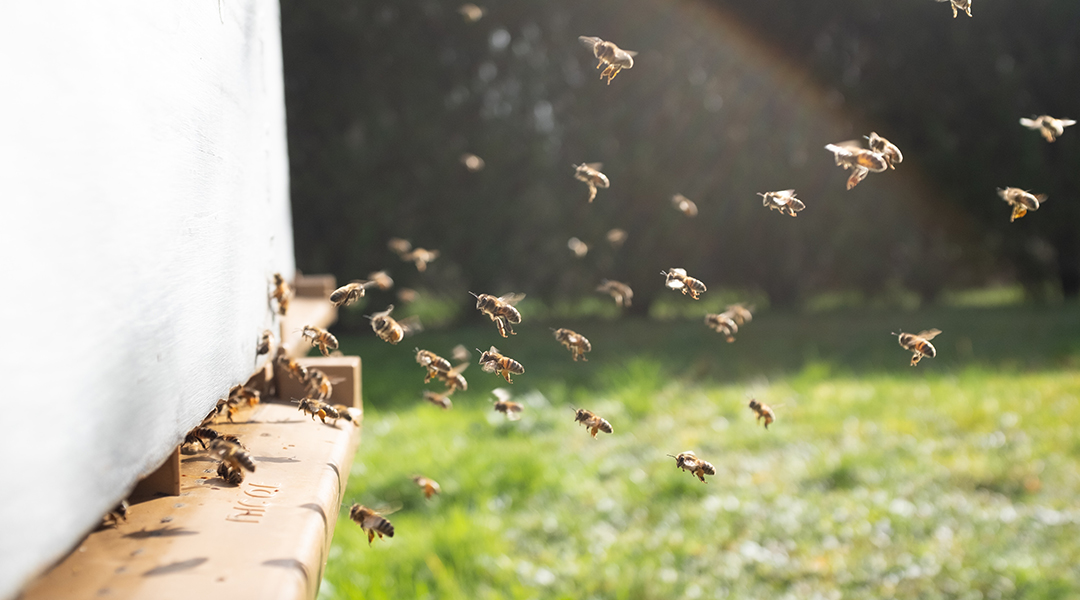

The microbes in beehive debris vary widely between cities and neighborhoods, and could hold keys to assess the human populations’ health.
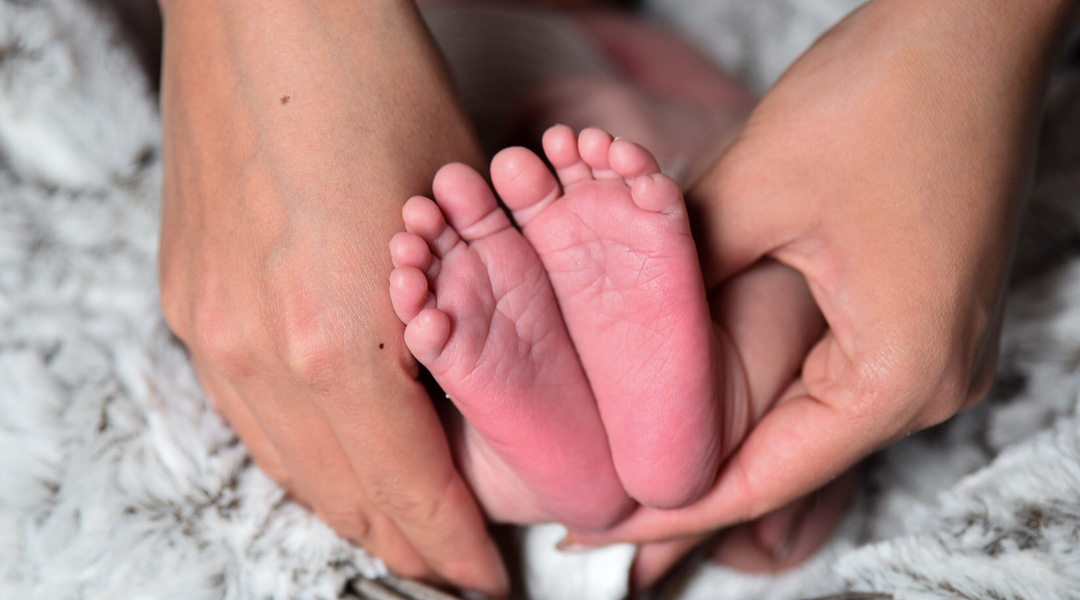
The infant microbiome can be built from a dizzying array of different sources.
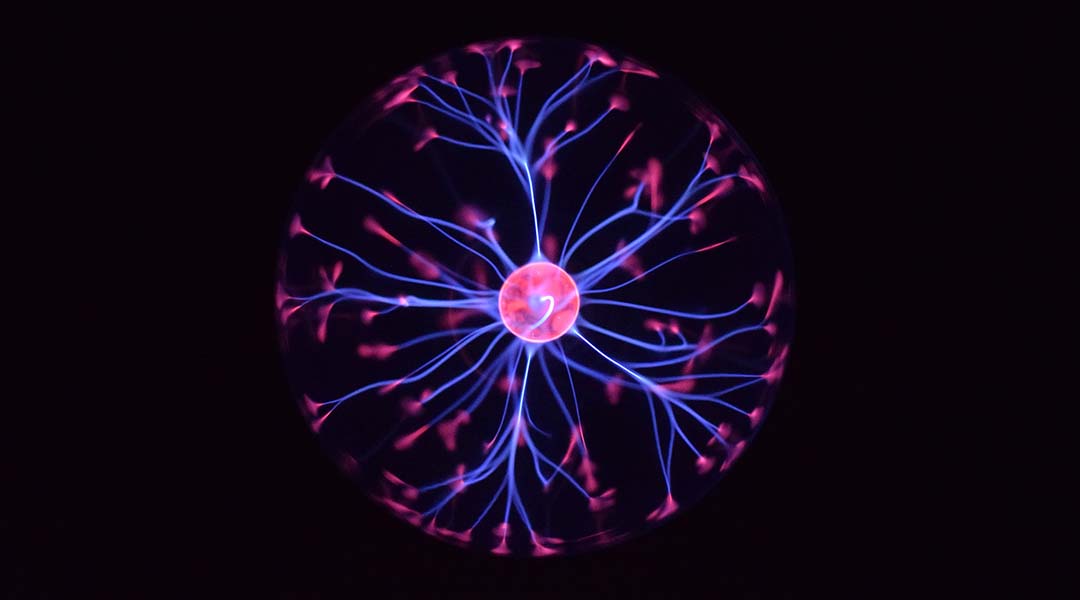
To make computers faster and more efficient, scientists are using the brain as a model in this blossoming area of computer science.
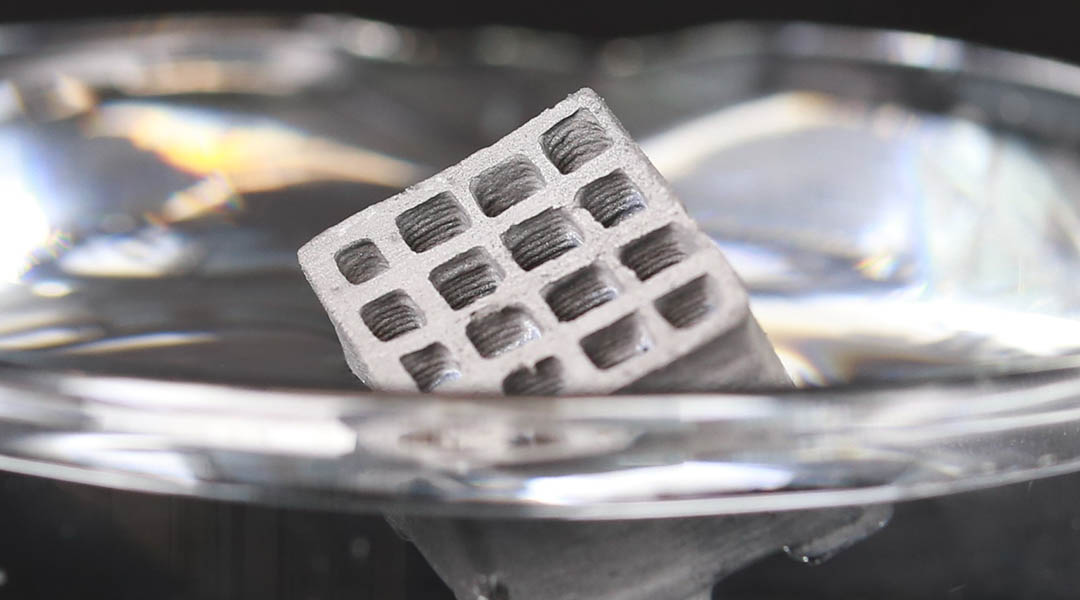
Striking images and innovative science — from a hydrogel chessboard to floating steel and a thyroid-on-a-chip.
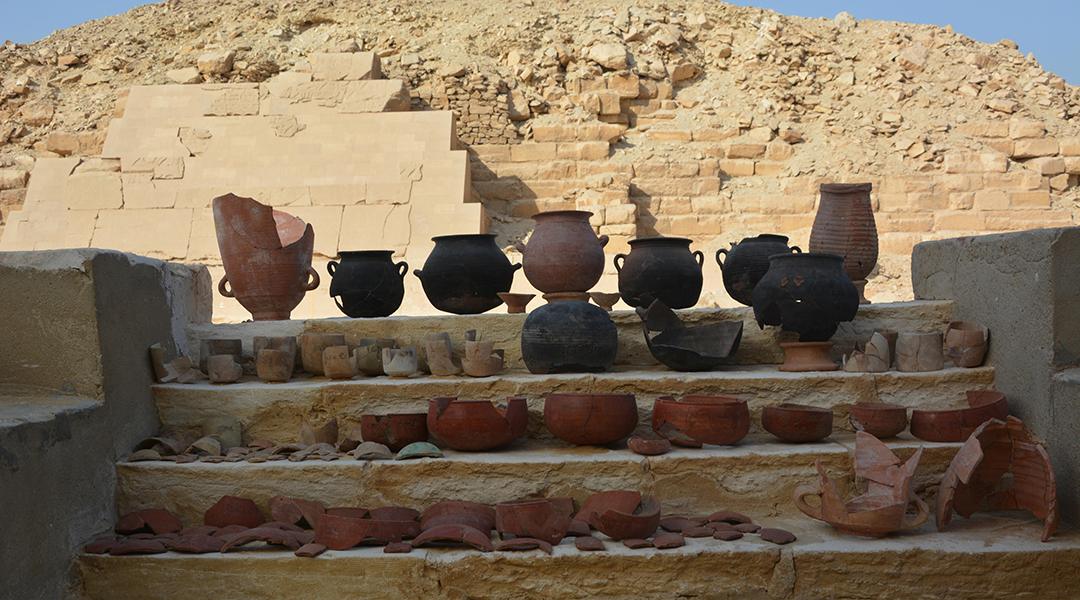
A discovered embalming workshop reveals new details about mummification practices and hints that ancient Egyptians engaged in global trade.
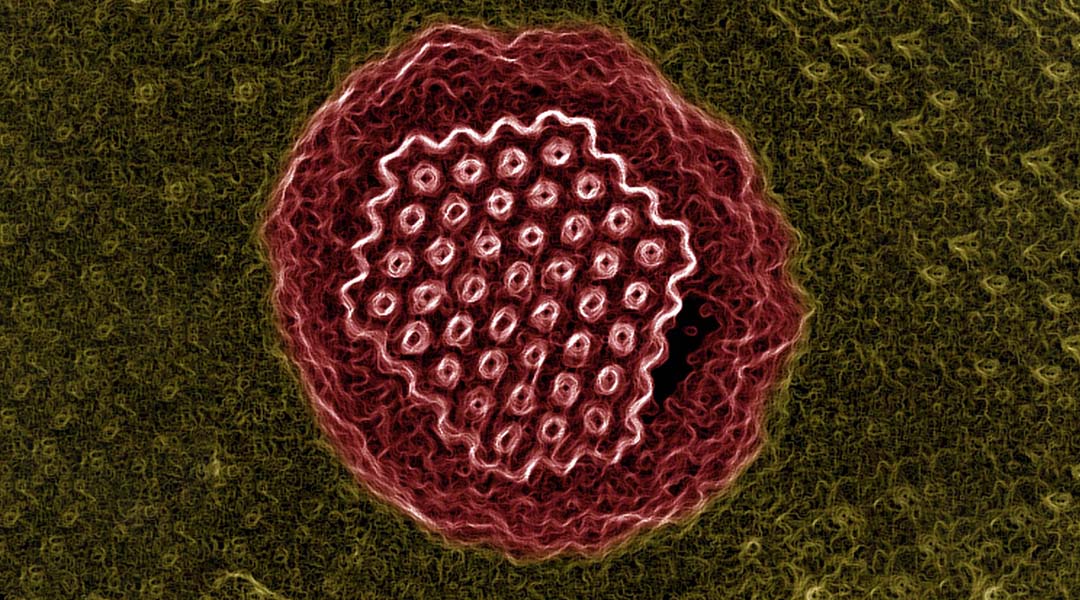
How seven ancient viruses ranging in age from 27,000 to 48,500 years were recovered from the Siberian permafrost, and what researchers hope to learn from them.
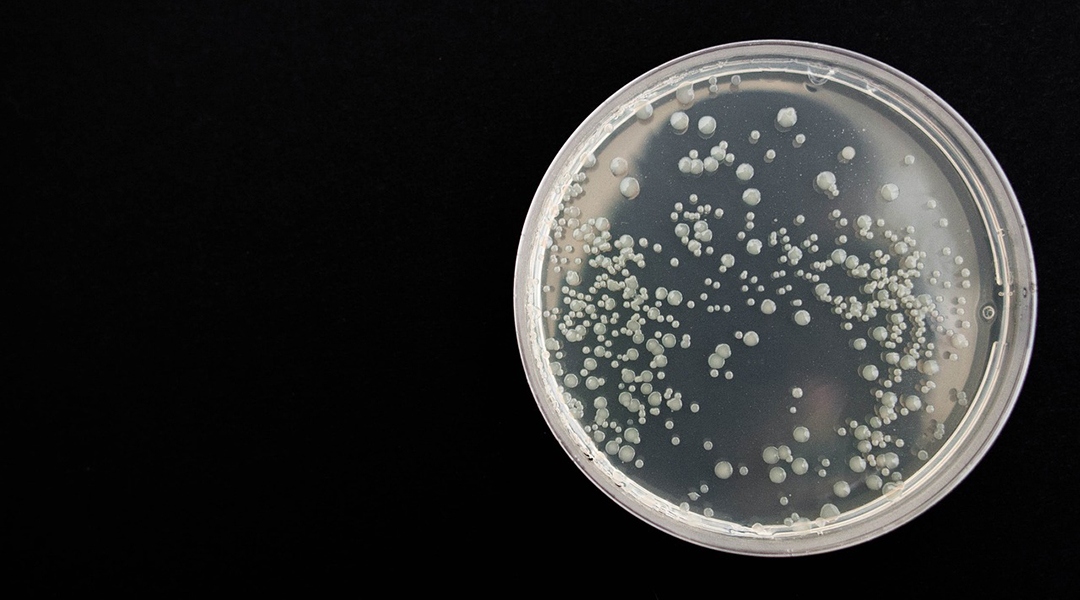
It is generally accepted that a community of beneficial bacteria make up the lung microbiome, but their origin and formation have remained unclear — until now.
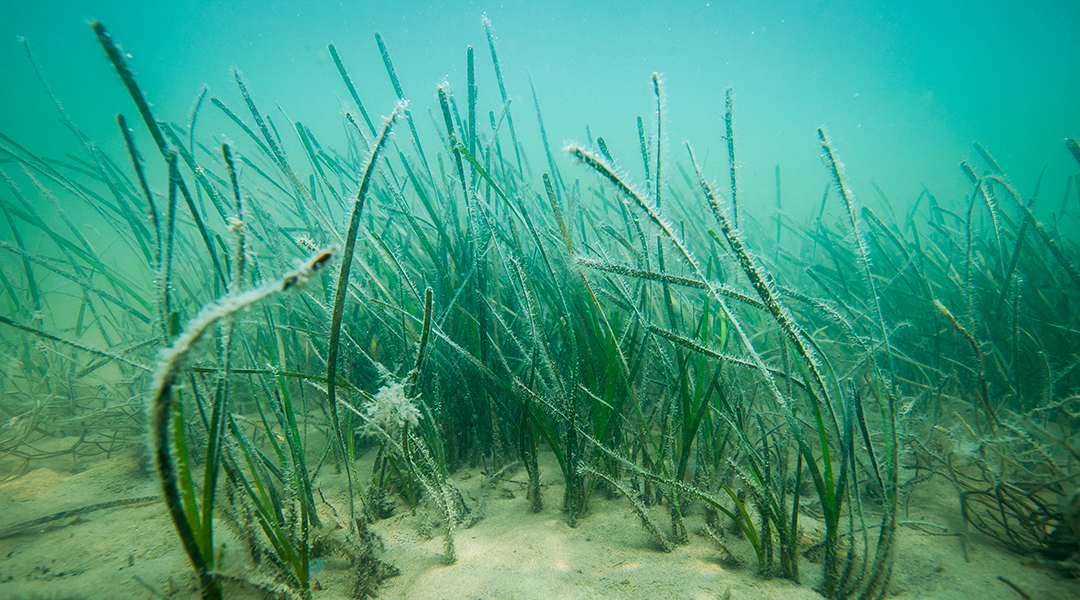
Seagrass roots make underwater sand more resistant to strong waves and reduce coastal erosion by 70%.
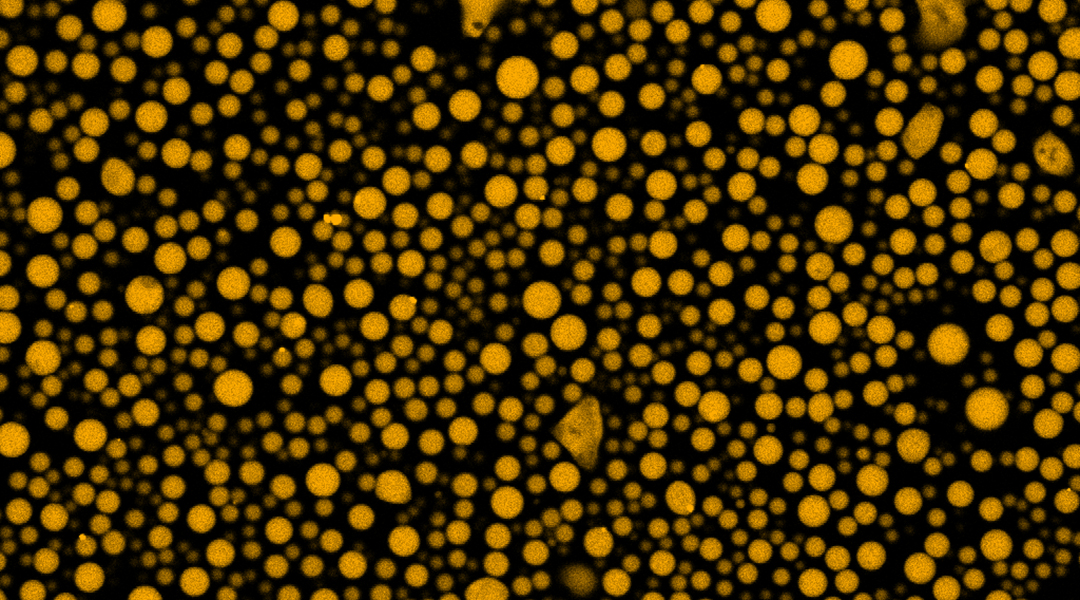
New research inspired by “viral factories” shows the potential of encapsulating target molecules in membrane-free compartments.

Sensors developed to respond to jaw movement can be connected wirelessly to different devices for hands-free control.